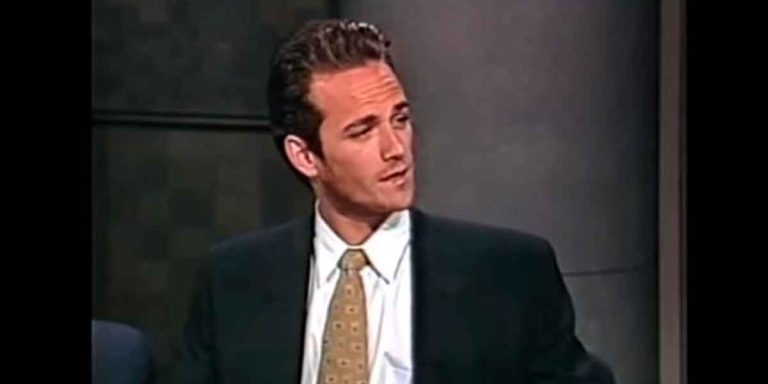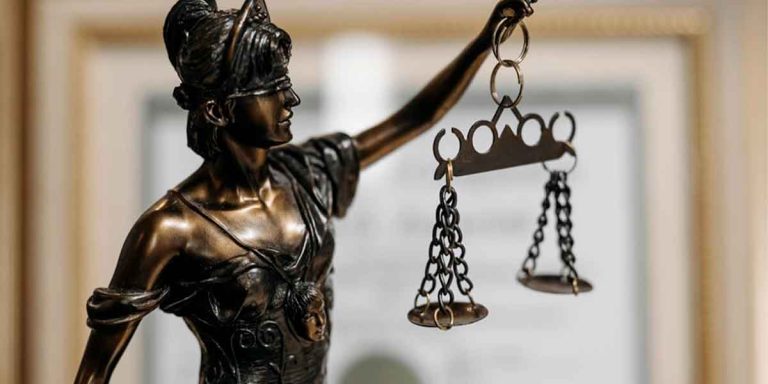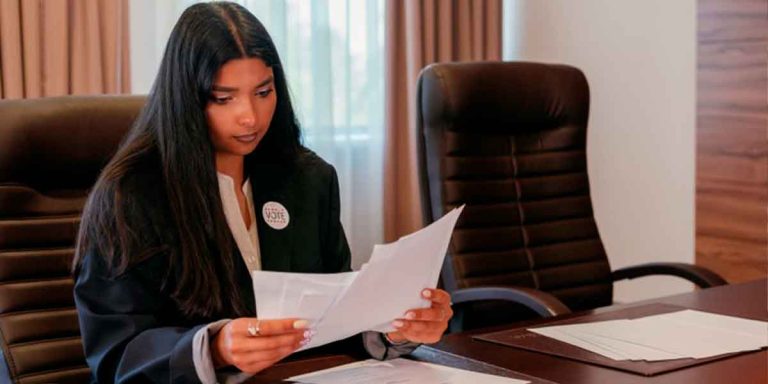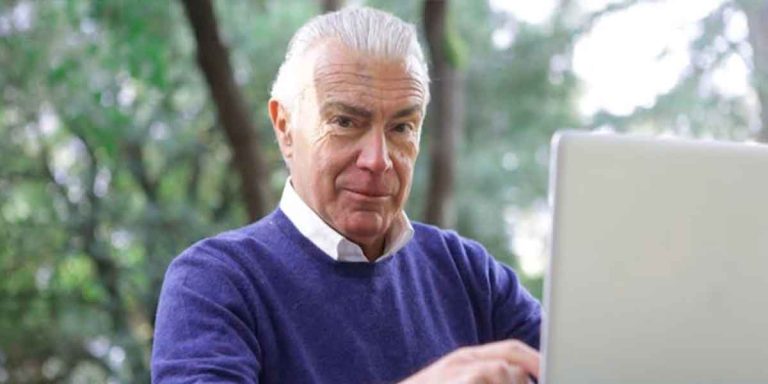If you want to successfully probate a will in New York, or probate an estate with no will, it makes sense to understand what probate is including the requirements of the probate court. Lucky for you, we have highlighted the necessary details below. First off, let us consider what probate is.
What is Probate?
Put simply, probate is a legal procedure your estate undergoes after you pass away. During the probate proceeding, a court will begin the process of sharing your estate to the right heirs.
Probate is always simpler if you own a will and/ or Living Trust that explicitly states your wishes. These documents help most by naming your beneficiaries and an executor. An executor is the individual charged with supervising your ultimate wishes.
If you have created an estate plan, you are smart. Creating a will or living trust makes a hard life-event just a little easier for your loved ones. Let’s consider how probate works.
How probate works In New York
Probate is the assessment and transfer administration of estate assets formally owned by a deceased individual. When a property owner passes, his assets are commonly analyzed by a probate court. The probate court provides the final ruling on the division and sharing of assets to beneficiaries. A probate proceeding will normally begin by determining whether or not the deceased individual has provided a legalized will.
In a lot of cases, the deceased individual has established documentation, which consist of instructions on how their assets should be shared after death. But, in some cases, the deceased doesn’t leave a will.
When do you need to probate in New York?
In most cases, you only need probate when there are assets that require a court order to be transferred.
In New York, you must undergo probate if:
- The decedent was lived in New York and owned any assets in their single name that do not automatically transfer to another person
- The decedent owned real estate in New York and lived in a different state
In certain special cases, probate may be required even if there are no assets to probate. For instance, probate may be needed if there are future payments that will be made to the decedent and only the estate can be the recipient.
Situations that require probate without current assets could include things such as expectation of future payments from a pension scheme, a lawsuit where the decedent is the recipient of the proceeds, or the family’s decision to make a wrongful death suit.
New York simplified procedures for small estates
Luckily, New York lack simplified probate procedures for estates that fall under some value threshold. In New York full probate is required only when there are assets in excess of $30,000 and / or real estate is involved. Estates that are valued at less than $30,000 and have no real estate can leverage a simplified procedure.
If you wish to navigate the probate process with ease, you’ll need to hire a probate lawyer in New York. Let us look at who a probate lawyer is.
Who is a probate Lawyer?
As an appointed executor of a Will or as a beneficiary of a particular estate who is to settle the affairs of the decedent, you may need to hire a state-licensed attorney, someone who would guide and assist you with the entire probate process from start to finish. That state-licensed attorney is who we refer to as a probate lawyer and most times, their involvement in the probate process would solely depend on the complexity and value of that particular estate they’re to handle.
What does a probate lawyer do?
Specifically, here are some of the common things a probate lawyer may help an executor and beneficiaries with during the probate process:
- Collecting proceeds from life insurance
- Identifying and securing estate assets
- Obtaining appraisals for decedent’s real property
- Helping In the payment of bills and debts
- Drafting and filing all necessary documents needed by a probate court
- Determining if any estate or inheritance taxes are due, and ensuring that those debts are settled.
- Handling income tax problems
- Managing the estate checking account
- Transferring assets in the decedent’s name to the right beneficiaries
Need a Probate Attorney?
Need a probate attorney? Don’t hesitate to contact our office. We boast of competent probate attorneys who have the experience needed to navigate the probate process.
































